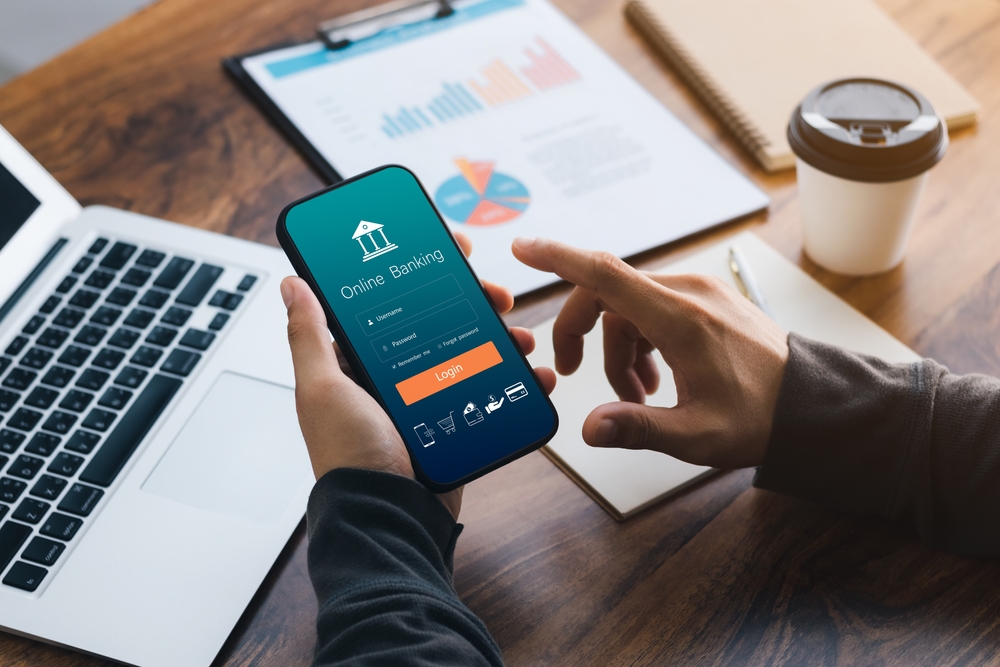Blog
BLOG: How open banking can help your finances during the cost-of-living crisis

Today, seven million people and businesses use open banking-enabled products. With the current cost-of-living crisis, here’s how open banking can help you and your finances.
The UK is currently facing unprecedented cost-of-living challenges that affect us all. Rising inflation, energy bills, food prices and housing costs have put a significant strain on people’s finances. To meet soaring everyday costs, many are dipping into their saving pots.
However, a recent survey from the Money & Pensions Service highlighted that nine million people across the UK have no savings, while another five million have less than £100 put aside to help them weather a financial emergency.
It’s more important than ever for Brits to understand their finances and be equipped to manage their money in the most effective way.
For those looking to build a savings pot, shop around for a better loan deal, keep on top of spending, or use it as a quick and secure way to pay for things like tax bills, open banking technology can help you keep on top of your finances and take control of your money.
Many readers may have heard of open banking but are perhaps unfamiliar with how it works and crucially, how it is leading to better financial management for millions of banking customers.
Put simply, open banking technology allows you to share your financial data securely and conveniently with third-party providers, enabling you to access more personalised and affordable financial services.
You choose which apps and websites you want to use – so you’re always in charge. You decide what information that firm can access, and for how long. And if you change your mind, it’s just as easy to withdraw your consent so open banking apps and services can no longer access your data or make payments on your behalf.
It’s built on the secure systems already used by familiar high street banks and new fintech firms and you’re never asked to share security details. You’ll be asked to authenticate your details using a combination of a password or PIN, fingerprint or facial recognition, and a mobile phone message or card-reader.
So, how does it work for everyday personal finances?
Savings
For the new tax year, many of us are looking at ISA guides to understand which providers are offering the best rates and products relevant to our own needs.
For example, there are established ‘savings platforms’ which offer access to a whole range of savings accounts from across Europe in one place, sparing customers the need to open accounts directly with each provider. These often provide access to very favourable interest rates. These platforms use open banking technology to enable customers to see their balances across multiple accounts and move funds between savings and current accounts.
However, open banking is not just for ISA season. Research shows how open banking is allowing many people to save for the first time. Savings apps from regulated companies are simple to use and can help create a regular savings habit. This can be done by using ‘round-up’ apps that save spare change from regular spending, or calculating what someone can afford to save each week, each month, or even on one-off occasions.
These apps are enabling people to establish rainy day funds, save for a deposit to buy their first home or even save for their retirement.
Managing debt
Last year, the Financial Conduct Authority’s Financial Lives survey revealed that 7.8 million people are finding it harder to keep up with their bills. Up-to-date financial data on daily incoming and outgoing funds is key to managing debt. By quickly building an accurate view of an individual’s spending, apps can signpost people to different budgeting tools, find cost-effective credit or switch to affordable tariffs for their utilities or broadband.
There are also digital ‘debt adviser’ apps which provide online budgeting, advice – some even connect people to professional advisory services to help navigate out of problem debt – and ‘money coaching’ to boost financial resilience.
Understanding finance
Making sense of personal finances can be overwhelming for some people – the financial world is full of jargon, and it can be difficult to work out the best way to manage money. It is understandable that some people disengage from the process and ignore potential issues coming their way as a result.
Money management tools can help here too. Budgeting apps seamlessly and securely connect to a bank account directly giving users a clear view of all their finances in one place. They can then accurately analyse spending, offer budgeting tips, and identify opportunities to make cost savings on things such as subscriptions (for the gym or entertainment) and bank charges.
Henk van Hulle is CEO of Open Banking Limited